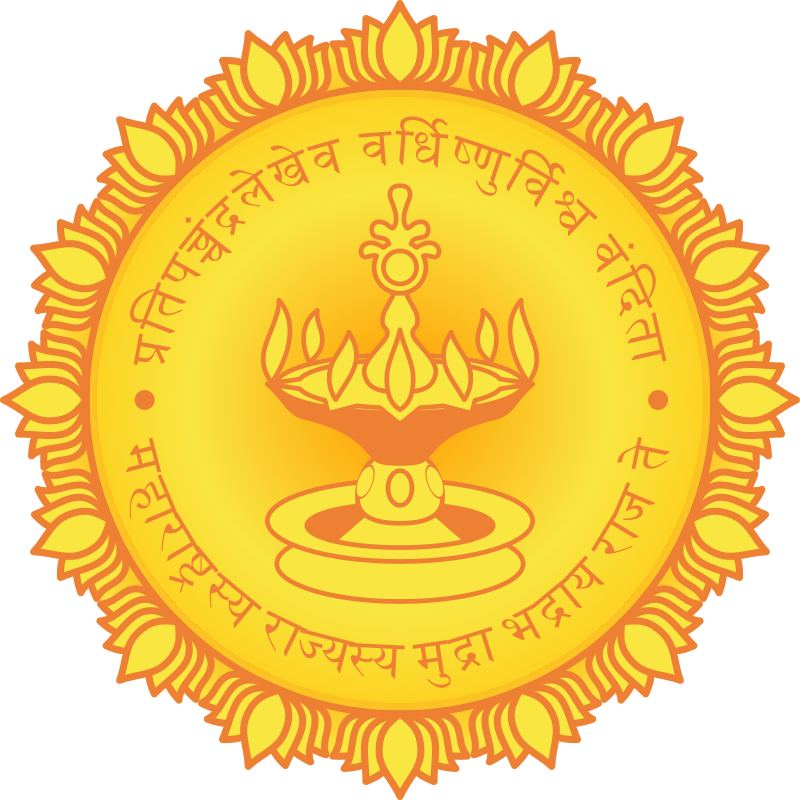Social Welfare Department
The Social Welfare Department of the Zilla Parishad in Raigad primarily focuses on the upliftment and welfare of marginalized and vulnerable sections of society in rural areas. Here’s a brief overview of its key functions:
Implementation of Welfare Schemes: This is the core function. The department implements various state and centrally sponsored schemes designed for the social, economic, and educational development of:
Scheduled Castes (SCs) and Neo-Buddhists: Providing scholarships, educational aid, housing assistance, and support for community development.
Other Backward Classes (OBCs) and Special Backward Classes (SBCs): Similar to SCs, providing educational support, vocational training, and livelihood schemes.
Nomadic Tribes (NTs) and Denotified Tribes (VJNTs): Focusing on their rehabilitation, education, and economic empowerment.
Persons with Disabilities: Implementing schemes for their education, rehabilitation, provision of aids and appliances, and promoting their inclusion in society.
Women and Children: Although specific Women and Child Development departments exist, the Social Welfare Department also contributes to their welfare through certain schemes.
Destitute and Senior Citizens: Providing support and assistance to the elderly and those without support.
Educational Support: A significant focus is on promoting education among backward classes through:
Scholarship Programs: Providing pre-matric and post-matric scholarships to students from economically weaker and backward sections.
Hostel Management: Overseeing and providing grants to subsidized hostels for backward class students.
Educational Aid: Distributing educational materials and other assistance.
Economic Empowerment: The department implements schemes to create livelihood opportunities and enhance the economic status of beneficiaries, which can include:
Skill Development and Training: Facilitating vocational training programs.
Self-Employment Schemes: Providing subsidies or assistance for self-employment ventures (e.g., mini-tractors, sewing machines, setting up small businesses).
Agricultural Support: Providing agricultural tools and equipment with subsidies to farmers from backward classes.
Community Development:
Dalit Basti Sudhar Yojana / Settlement Development: Improving basic amenities in the settlements of Scheduled Castes and Neo-Buddhists by providing infrastructure like water supply, roads, drainage, and community halls.
Promoting Social Harmony: Implementing schemes like the Inter-Caste Marriage Incentive Grant Scheme to reduce caste discrimination and foster social unity.
Financial Assistance and Subsidies: Many schemes involve providing direct financial assistance or subsidies for specific purposes, such as housing, medical aid, or purchasing necessary equipment.
Monitoring and Evaluation: The department monitors the effective implementation of welfare schemes, disburses funds, and ensures that benefits reach the intended beneficiaries. It also conducts inspections of institutions receiving grants.



